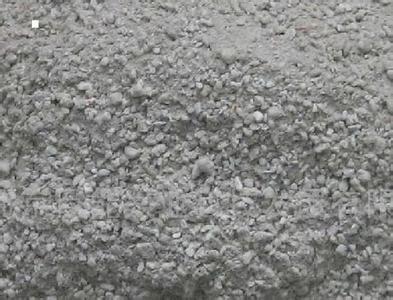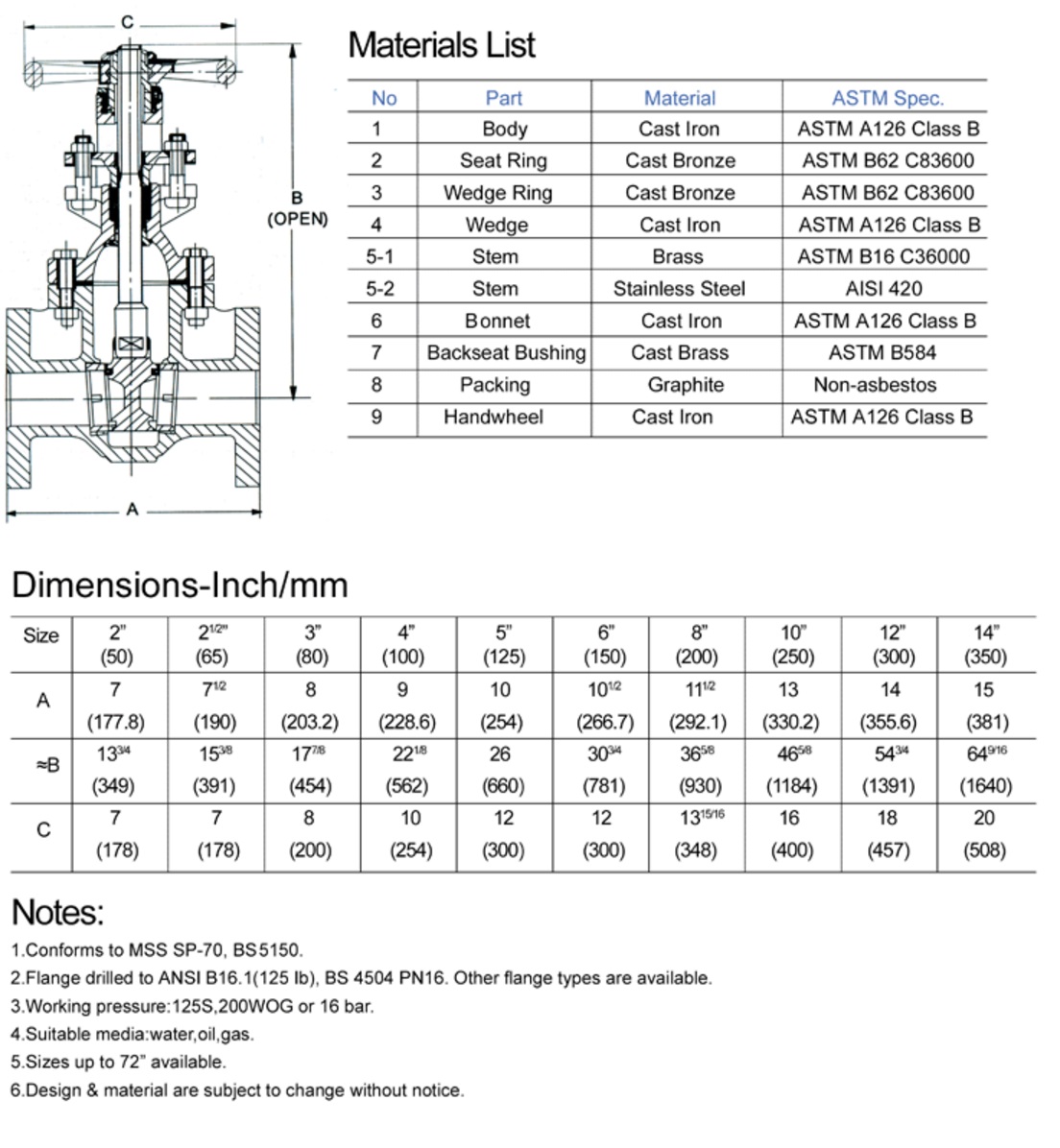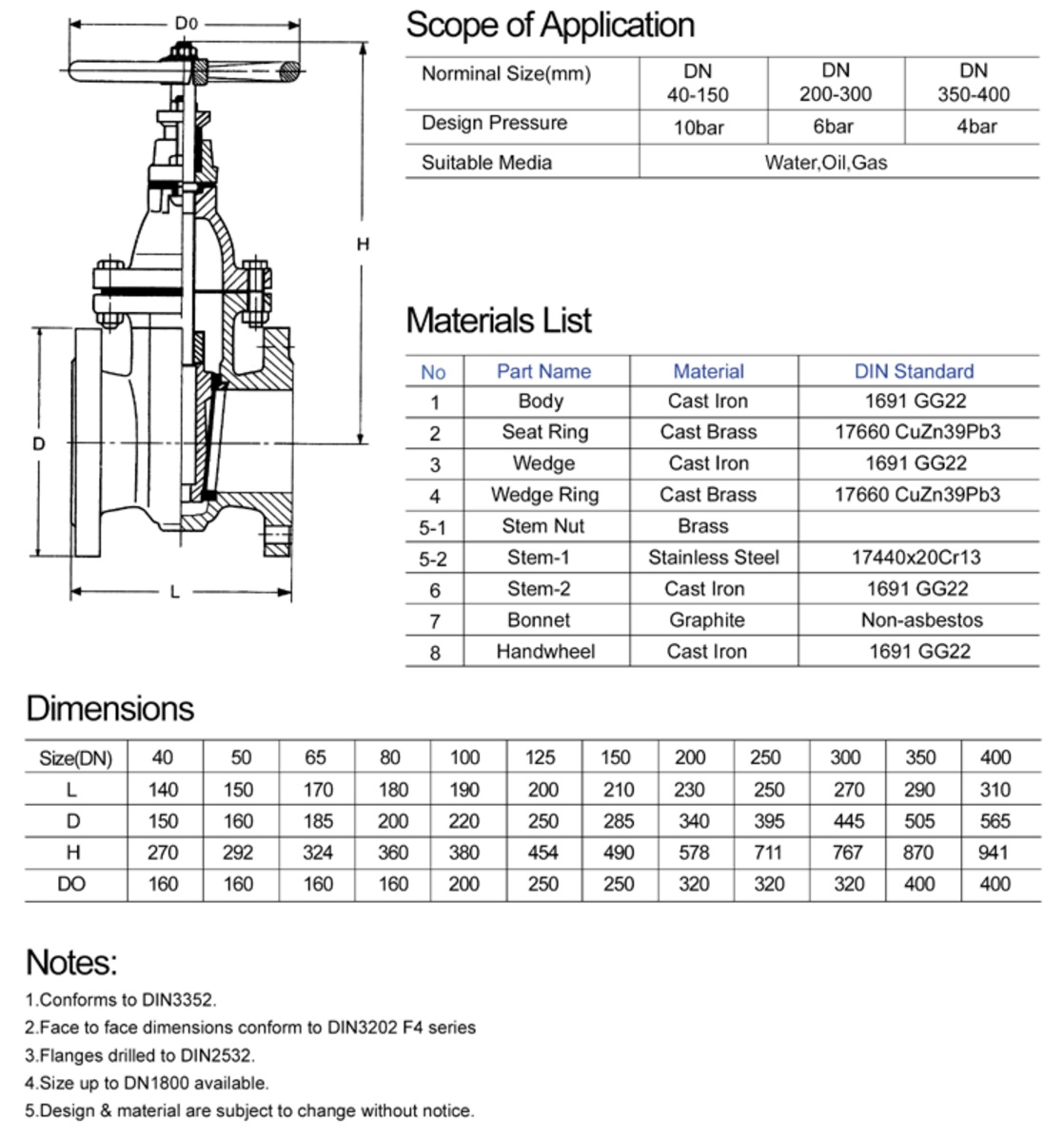Gate valve is a gate opening and closing gate, the direction of movement of the gate and fluid perpendicular to the gate valve can only be fully open and fully closed, can not be adjusted and throttling. Valve through the valve seat and gate contact seal, usually sealing surface will be surfacing metal materials to increase the wear resistance, such as surfacing 1Cr13, STL6, stainless steel and so on. Gate valve is divided into rigid gate valve and flexible gate valve.
Material: Cast Iron, Ductile Iron,Carbon steel,Stainless steel
Type: Flanged, Screwed, Grooved
Standard: Class 125 to Class 250, or PN16 to PN25.
Size: 2" to 14"
Application: Pipelines with Water, Oil, Gas.
All other details or types, please send free requirments.
1.BS5150
2. DIN3352
Gate Valves,Flange Gate Valve,Resilent Seated Gate Valve,Grooved Gate Valve HEBEI ZIFENG NEW ENERGY TECHNOLOGY CO.,LTD. , http://www.zifengpipeline.com The technical nature of the mortar
The technical nature of the mortar
Mortar: The adhesive material used for masonry on the building. It is made up of a certain proportion of sand and cementing materials (cement, lime paste, clay, etc.). It is also called mortar and mortar. The mortar is made by mixing water with cementitious materials (cement, lime, clay, etc.) and fine aggregate (sand). Commonly used are cement mortar, mixed mortar (or cement lime mortar), lime mortar and clay mortar.
Technical nature
First, the workability of fresh mortar
The workability of mortar refers to whether mortar is easy to lay on the masonry and other surfaces into a uniform, continuous thin layer and is closely bonded to the base layer. Including the meaning of mobility and water retention.
(I) Liquidity
The factors influencing the fluidity of mortar are mainly the type and amount of cementitious materials, the amount of water used and the type of fine aggregate, the shape of the particles, the degree of thickness and gradation, and in addition to the mixed materials and admixtures incorporated. The variety and dosage are related.
Under normal circumstances, the substrate is a porous, water-absorbent material, or a mortar with a high fluidity should be selected when it is applied under dry heat conditions. On the other hand, if the substrate absorbs less water, or if it is constructed under wet and cold conditions, a mortar with low fluidity should be selected.
(two) water retention
Water retention refers to the ability of mortar to retain moisture. Poorly water-retaining mortar has bleeding and streaming during use, which makes the mortar and the substrate sticky. The loss of water affects the normal cohesive hardening of the mortar and lowers the strength of the mortar.
The main factors affecting the water retention of mortars are the type and amount of cementitious materials, sand type, fineness, and water consumption. In the mortar mixed with lime paste, fly ash and other powdery mixed materials, can improve the water retention of the mortar.
Second, the strength of hardened mortar
The factors affecting the strength of the mortar are: When the quality of the raw materials is constant, the strength of the mortar mainly depends on the cement number and the amount of cement. In addition, mortar strength is also related to sand, admixtures, blended materials, and masonry and curing conditions. When sand contains mud and other impurities, mortar strength is also affected.

